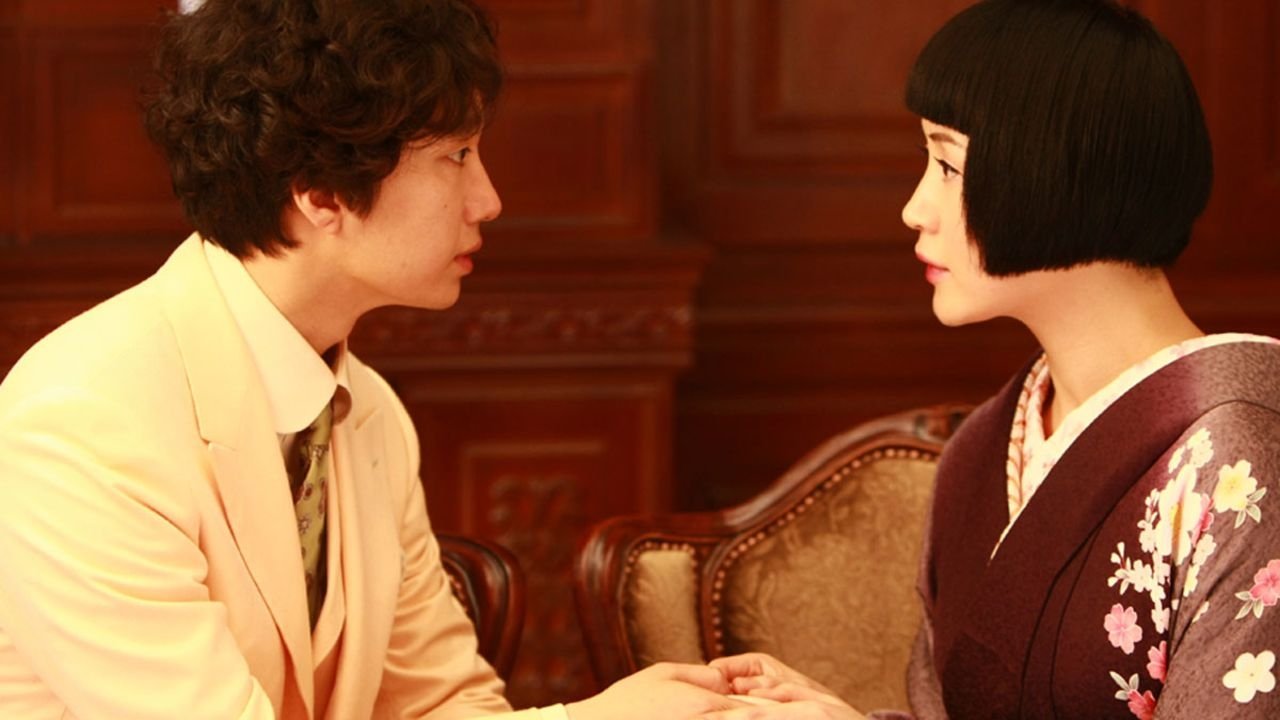
Modern Boy (2008)
During the Japanese occupation, a Korean modern boy, who wants to fit in with the Japanese, falls in love with a Korean freedom fighter.

During the Japanese occupation, a Korean modern boy, who wants to fit in with the Japanese, falls in love with a Korean freedom fighter.
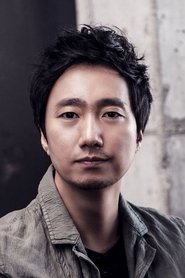 Park Hae-ilLee Hae-myung
Park Hae-ilLee Hae-myung Kim Hye-sooJo Nan-sil
Kim Hye-sooJo Nan-sil Kim Nam-gilHidaka Shinsuke
Kim Nam-gilHidaka Shinsuke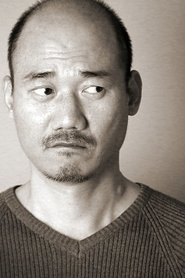 Kim Joon-baeBaek Sang-heo
Kim Joon-baeBaek Sang-heo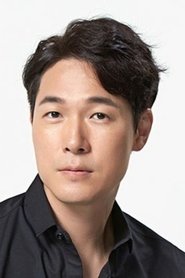 Kim Young-jaeOkai
Kim Young-jaeOkai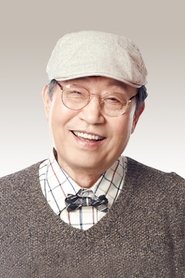 Shin GuHae-myung's Father
Shin GuHae-myung's Father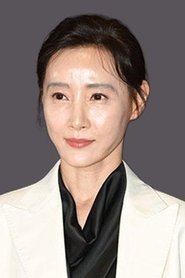 Do Ji-wonIshida Yoko
Do Ji-wonIshida Yoko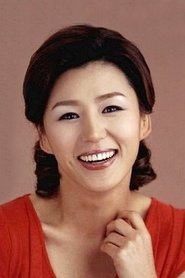 Lee Kan-heeMadame
Lee Kan-heeMadame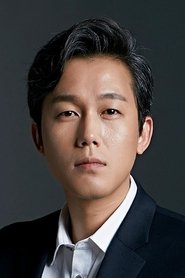 Ju Seok-taeDetective
Ju Seok-taeDetective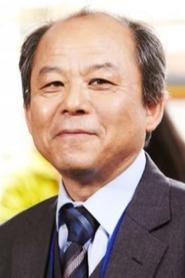 Kim Ki-cheonBoarding House Owner
Kim Ki-cheonBoarding House OwnerAfter being abandoned at the altar, Jason courts the girl of his dreams on the Internet. When she arrives in Los Angeles for their wedding, there's an unexpected surprise.
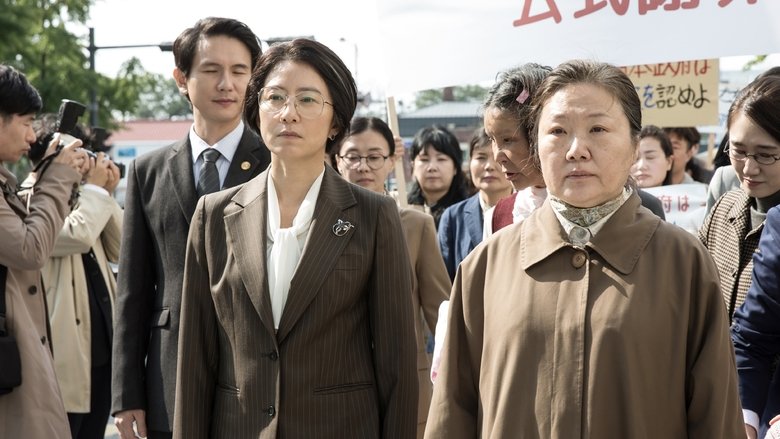
A true story of a six-year-long legal conflict of 10 comfort women and 13 attorneys against 200 Fukuoka supporters association.

Two North Korean soldiers are killed in the border area between North and South Korea, prompting an investigation by a neutral body. The sergeant is the shooter, but the lead investigator, a Swiss-Korean woman, receives differing accounts from the two sides.
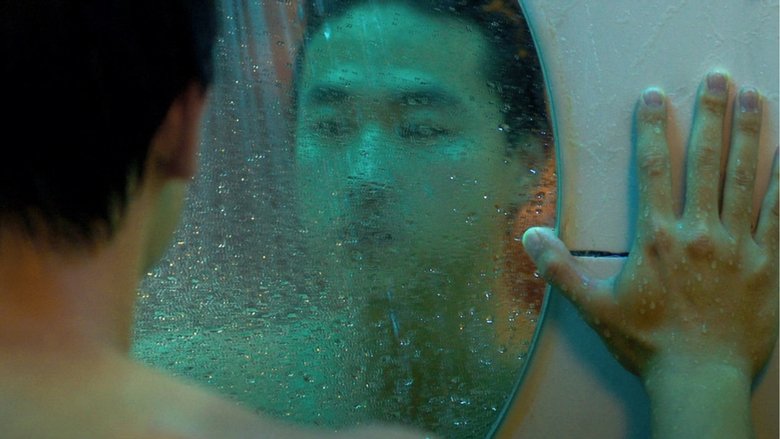
A young Korean-American man works to reconcile his obligations to his struggling immigrant family with his burgeoning sexual desires in the underground world of gay hookups at Korean spas in Los Angeles.
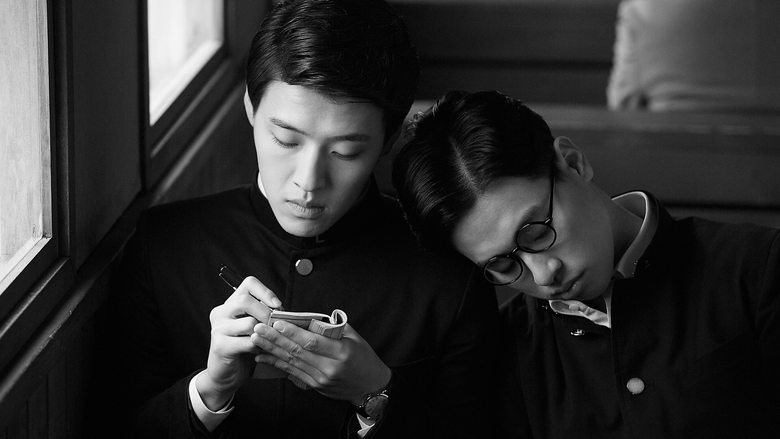
Based on a true story, renowned Korean poet, Yun Dong-ju, is detained and abused by the Japanese for participating in the Korean Independence Movement.
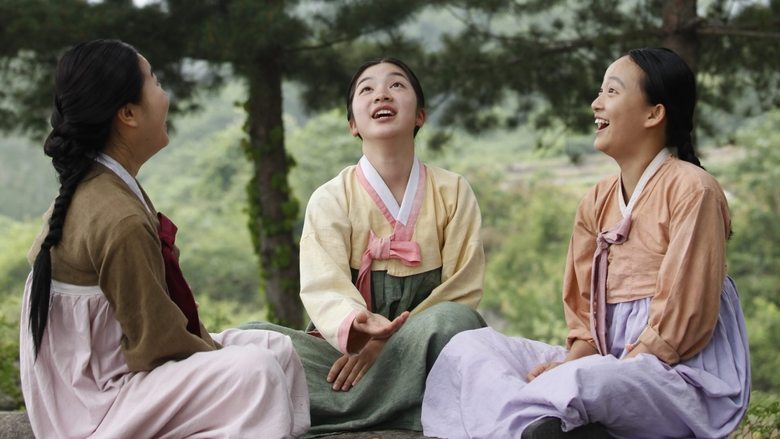
After the Japanese kidnap two Korean teenagers and take them to a comfort station to join other girls who are serving as sex slaves, only one of them survives. Decades later, the elderly woman tries to reunite with her friend's spirit.
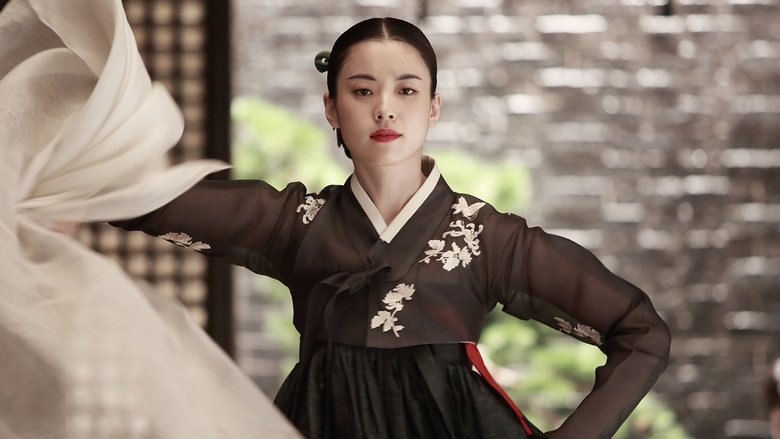
Two best friends, So-yool and Yeon-hee, dream of becoming the top artists in Seoul together. But their friendship doesn't last long as Yoon-woo, So-yool's first love and songwriter, falls in love with Yeon-hee and her voice. So-yool's feeling of jealousy and inferiority towards Yeon-hee grows by the day, and she eventually makes a drastic decision to bring the two lovers down.
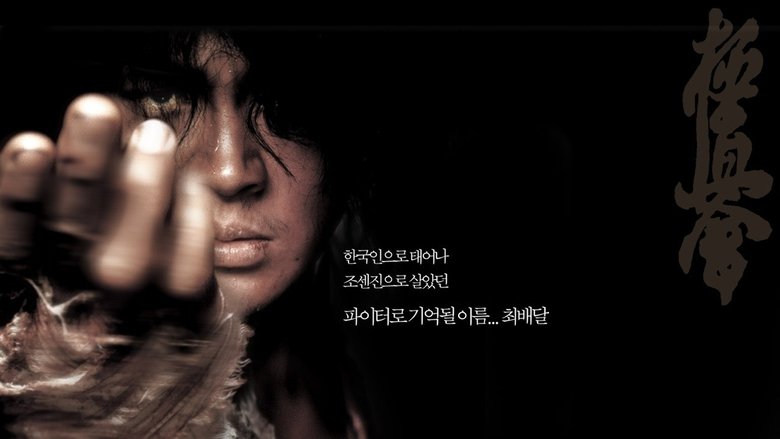
An account of karate competitor Choi Yeung-Eui who went to Japan after World War II to become a fighter pilot but found a very different path instead. He changed his name to Masutatsu Oyama and went across the country, defeating martial artists one after another. This film concentrates on the period when he is still young, and developing his famous karate style, Kyokushin.

When an orphaned half Korean girl finds herself in small town America with her only living relative, she seeks out a mentor to help with the only thing she loves – golf. The best player in town, the widowed optometrist, takes her under his wing, sending them on a journey to face their fear of losing loved ones and their game. The only problem is, he has three months to live.
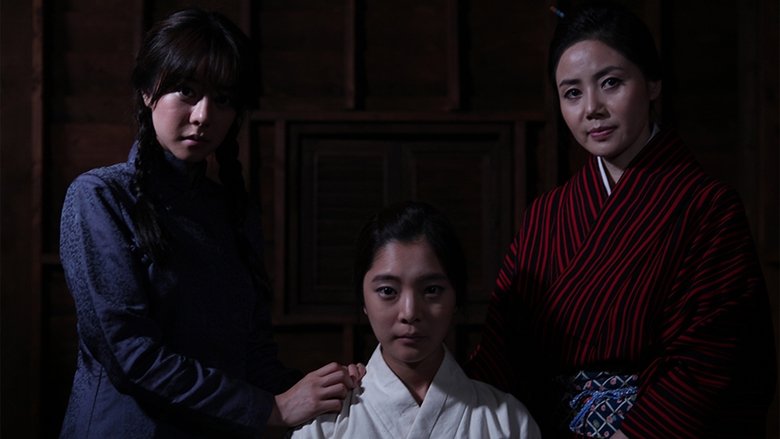
This film tells the story of three young women from South Korea, Japan, and China who were ravaged after becoming comfort women in the Japanese army.
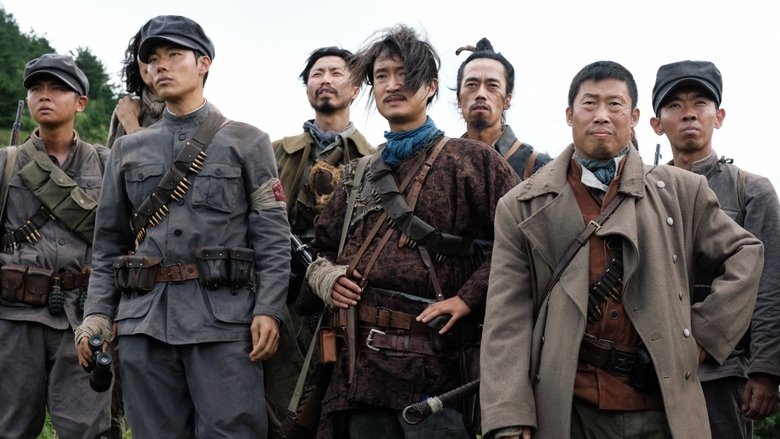
Over a 4 day period, a fierce battle takes place between Korean independence militias and imperialist Japanese forces in Manchuria, China. The militia includes a master swordsman and an expert marksman.
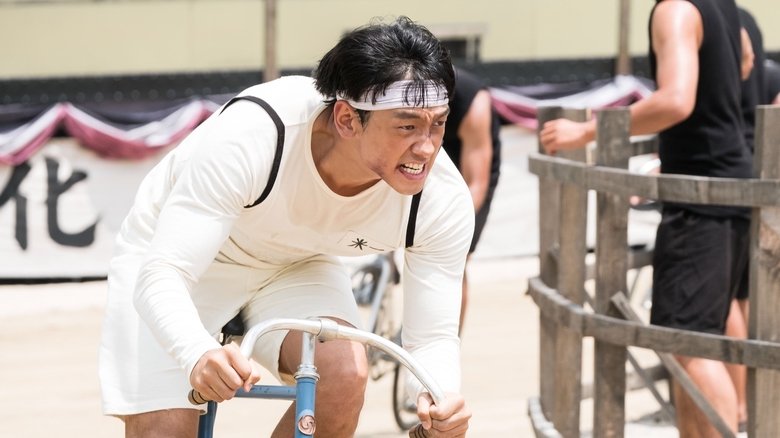
During the Japanese colonial rule of Korea, while people are in despair, Jae-ho tries to raise morale by winning cycle championship. Bok-dong, who started cycling with Jae-ho just to make a forture, becomes a symbol of hope for Koreans by defeating Japanese cyclists.
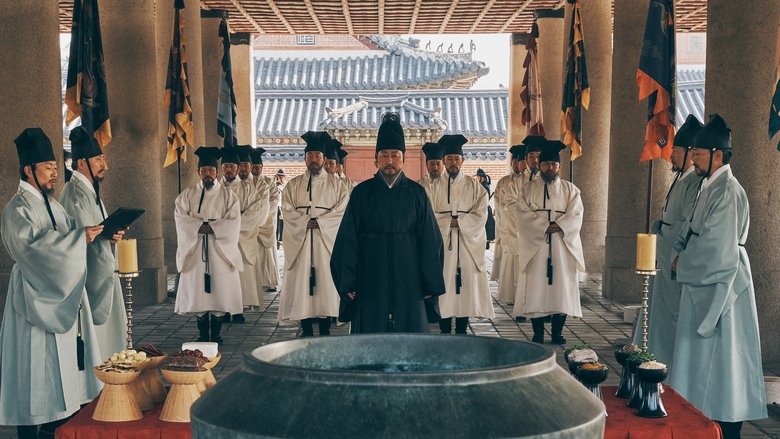
In the 15th century, despite so many accomplishments he has made for the people, King Sejong, his biggest goal is still remaining; the invention of original letters that can be read and written by all the people. But courtiers who want to dominate the knowledge and the power, are against his will and discourage his belief. Frustrated King Sejong hears about a bonze Sinmi a phonogram expert, and secretly brings him in the palace.
A Christian missionary group is abducted by Islamic rebels. In fear for their lives, the group slowly sees their faith in each other slip away.
At the end of 1944, Japanese imperialists stuck to nothing to reverse the war situation as they were defeated in war. They recruited young people by force to use them as student soldiers and drafted workers while they took women to use as comfort women by force. The girl who has lived in a town on the border between Jeon Ra Do and Kyeong Sang Do was kidnapped by armed Japanese army. She was dispatched to a front of the Philippines where she went through miserable pains that weren't understandable not only for as human being but also as women. Her dream was to marry Young-Su of the next door school and to be a good mother who has a son and two daughters.
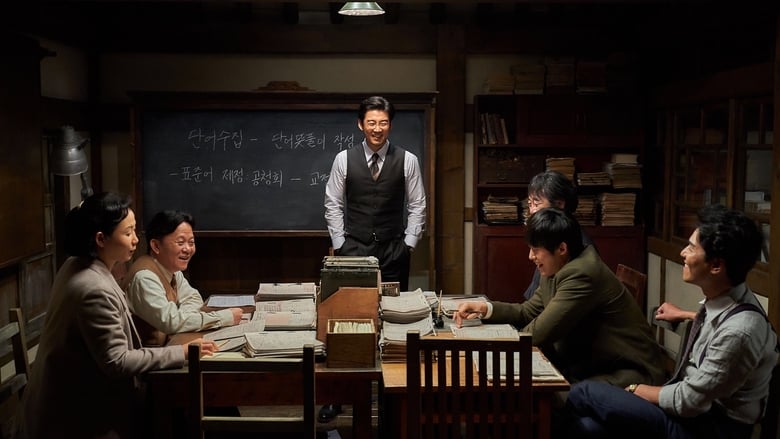
During the Japanese occupation of Korea, the Japanese Empire seeks to eradicate the Korean language and identity. In retaliation, a small group of Korean patriots try to protect their language by compiling the first Korean language dictionary.
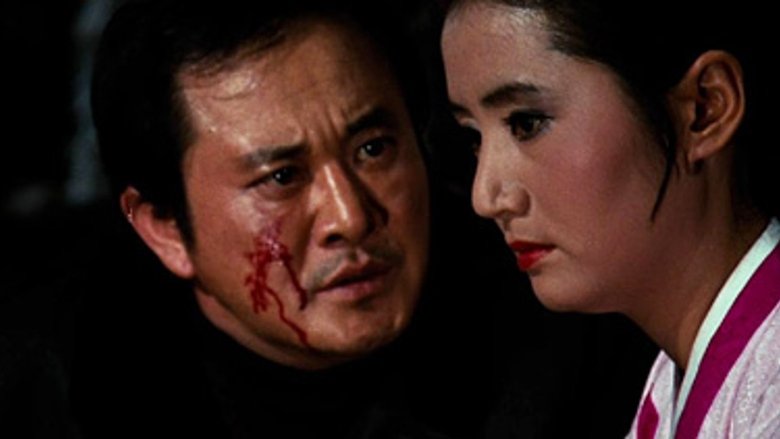
A patriot Park No-Hun is dispatched by Shanghai Provisional Government for Independence to assassinate members of the House of Council. In this situation Young-Kuk, brother of Hyeon-Ju who is a kisaeng of Myeong Wol Kwan, is jailed and Choi Chil-Yong, an inspector of Japanese Higher Police Department, is in agony of difficulties between Korea and Japan. Shin Yun-Il, a member of the council falls in love with a kisaeng whose name is Jeong-Mi. All of these are going their way under the influence of phases of the times such as carrying out colonial policies and each of them is linked complicatedly and causes troubles. After all their efforts concentrated on Independence of Korea, and Park No-Hun carried out his mission with help of 5 kisaengs of Myeong Wol Kwan. Finally he leaves for Shanghai with them.
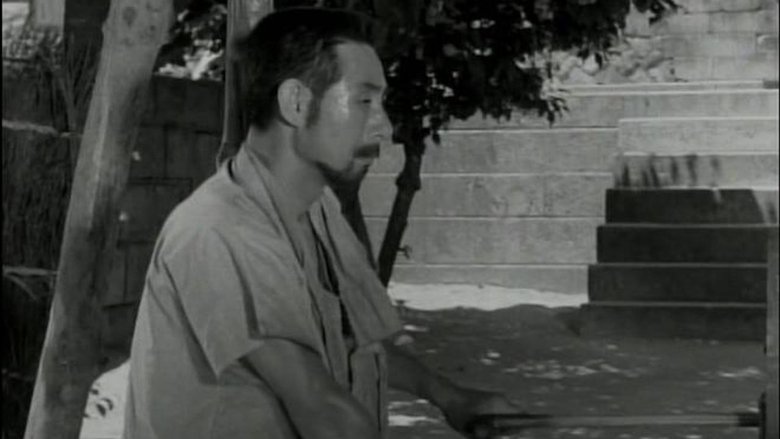
An elderly bell maker reminisces about his life filled with tragedy.
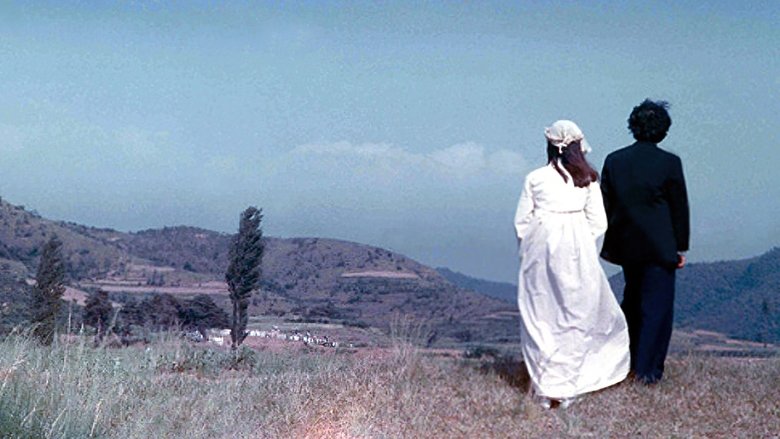
During the Japanese occupation of South Korea, a Japanese bureaucrat is ordered to persuade an influential Korean patriarch into obeying the law of changing his Korean surname to a Japanese one.
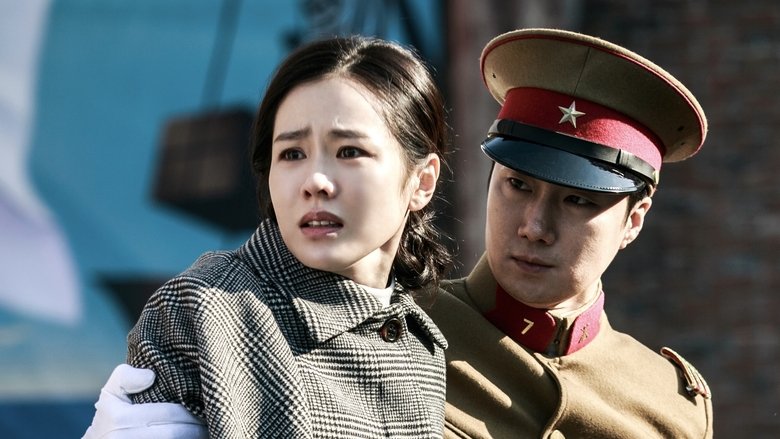
Under the oppressive Japanese colonial rule, Deok-hye, the last Princess of the declining Joseon Dynasty, is forced to move to Japan. She spends her days missing home, while struggling to maintain dignity as a princess. After a series of failed tries, Deok-hye makes her final attempt to return home with help of her childhood sweetheart, Jang-han.